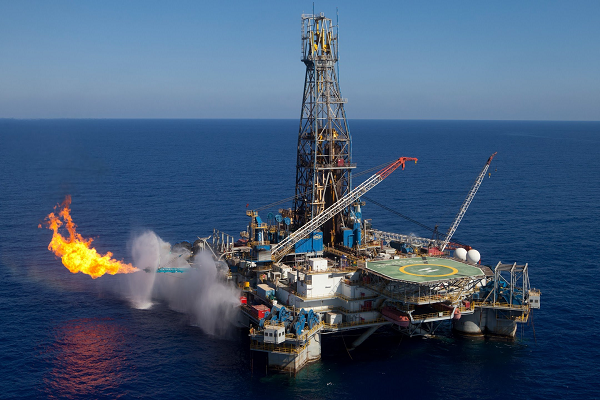Some IOCs default on payment of surface rentals, PIAC reveals
The Public Interest and Accountability Committee (PIAC) has accused some International Oil Companies (IOCs) of non-payment and deferred payment of surface rentals, which is a source of petroleum revenue streams to the government.
The practice, the committee said, undervalues the Petroleum Holding Fund, into which all petroleum revenues are deposited prior to disbursement, and does not comply with the provisions of the Petroleum Revenue Management Act (PRMA).
The payment of surface rental fees by petroleum companies is regulated by the PRMA as part of petroleum receipts for any fiscal year. Defaulting on due payments under the law attracts stipulated sanctions, including penalties.
PIAC’s observation was contained in a press statement highlighting some critical issues in the management of Ghana’s oil resources.
The watchdog said as the country enters its tenth year of petroleum production in December, doing an introspection of how petroleum revenues have been managed is imperative.
Another worrying trend, it noted, is the non-utilisation of and non-accounting for the full Annual Budget Funding Amount (ABFA) allocation, even though the budgetary amount is disbursed to the ABFA account.
The committee said its visits to some projects earmarked to receive petroleum revenue revealed that they have been starved of funds at a time when revenues are reported to be unutilised and unaccounted for.
The committee also noted with concern that “10 years into oil, the effectiveness of an Investment Advisory Committee (IAC) is difficult to measure.”
The IAC is the body with the legal mandate to give advice on the investment of the country’s petroleum savings held in the Ghana Stabilisation Fund and Ghana Heritage Fund.
According to PIAC, “the country is still stuck to the practice of investing (petroleum savings) in low (-yielding) qualifying instruments, a practice we believe can be better improved with a well-resourced, functional, and independent IAC.”
It added that “the advice of the IAC is not mandatory on the Minister for Finance, undermining the core essence of the IAC.”
According to the committee, bringing these issues to the fore is a good way to insulate the upstream petroleum sector from the “resource curse” phenomenon that has characterised the mining sector, so as to ensure the needed socio-economic transformation.
This year the petroleum sector has suffered a setback as a result of the global pandemic. Crude oil prices fell sharply following the outbreak of the coronavirus disease, dropping from more than US$60 per barrel before the pandemic to just about US$40 presently.
This has resulted in a large public oil revenue shortfall, which according to the mid-year budget is estimated at GH¢5.3bn, representing 1.4 percent of the country’s Gross Domestic Product (GDP).



